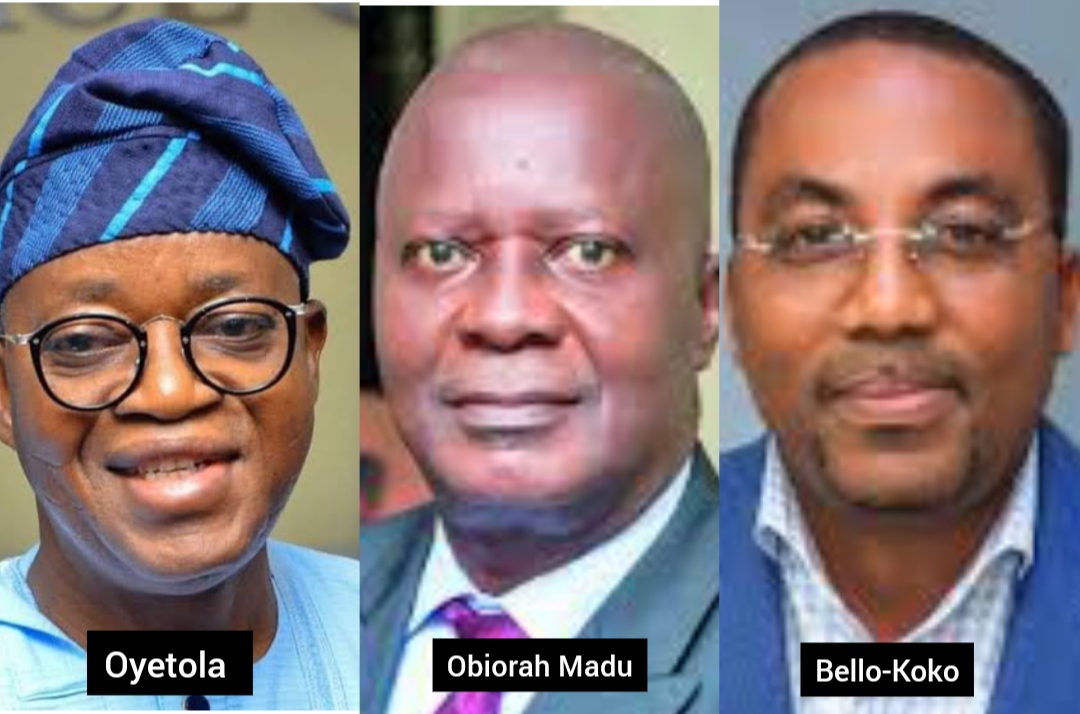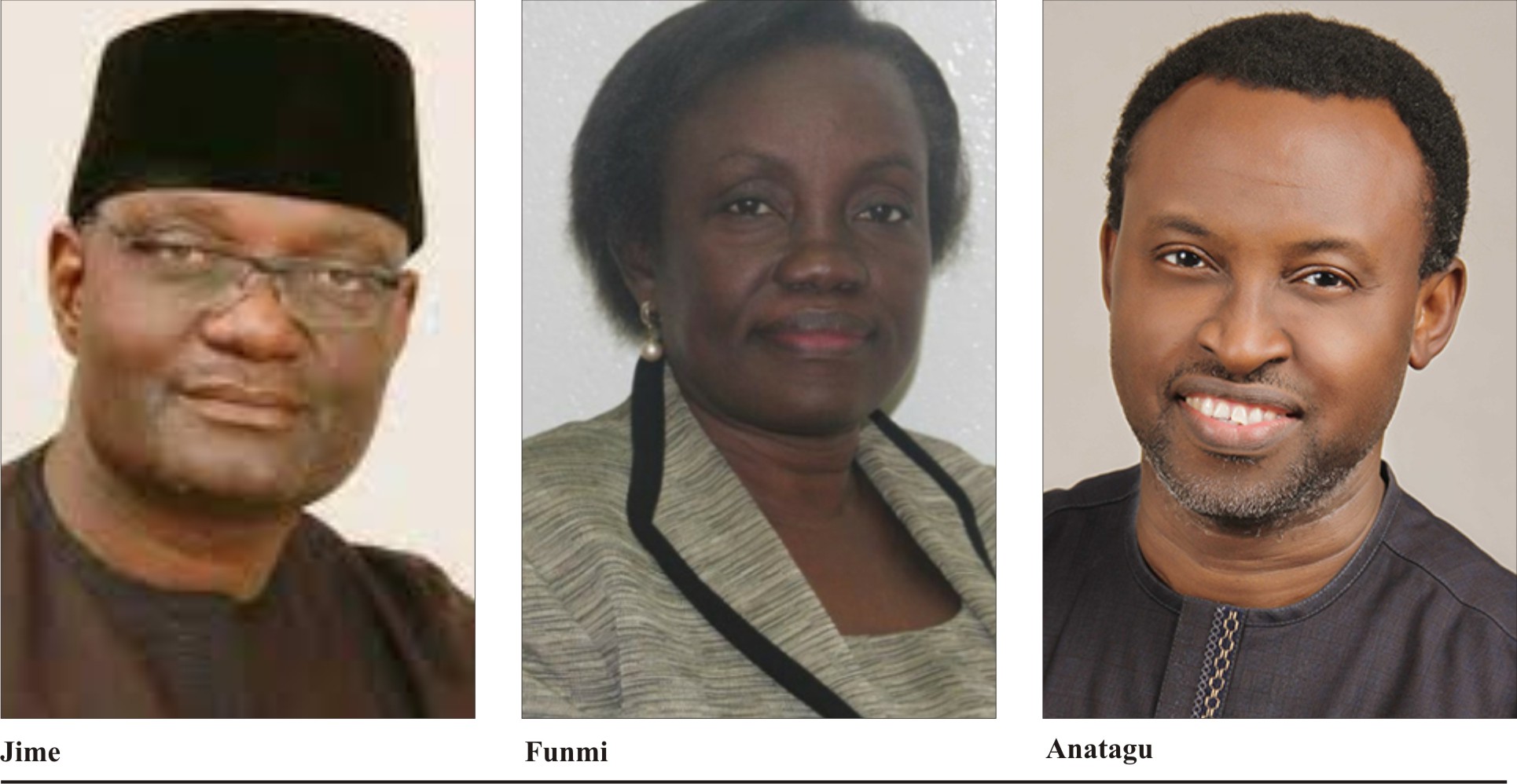PERISCOPE
Maritime Courts: To Be Or Not To Be?
 Several factors negate the expeditious determination of cases in Nigerian courts today and the maritime sector has suffered massively as a result of the delay in administering justice at Nigerian courts and the damage done to businesses and vessels arrested are sometimes irreparable.
Several factors negate the expeditious determination of cases in Nigerian courts today and the maritime sector has suffered massively as a result of the delay in administering justice at Nigerian courts and the damage done to businesses and vessels arrested are sometimes irreparable.While some people will blame the lawyers, others will say blame the judges and some say blame both parties, but there is another school of thought that advocates for the establishment of specialized maritime courts.
The emergence of maritime courts as tribunals focused on the maritime jurisdiction would allow lawyers and judges to focus solely on their legal specialties, making cases more efficient. These specialized courts also relieve pressure on general courts by removing cases that may be time-consuming.
One major impediment to the establishment of maritime courts in Nigeria could be the revenue because it has to be funded. Does the nation have the resources to develop and maintain the courts? Are there sufficient maritime cases that should occupy these courts when if they are created? What negative/ positive impact would this have on the regular courts, legal practitioners, the maritime industry and the nation at large?
MMS Plus brings you the views of several maritime legal practitioners as well as other industry experts:
Dr. Oluwole Akinyeye, Head of Maritime at Olisa Agbakoba Legal (OAL) told MMS Plus that one of the criteria for establishing maritime courts should be the volume of maritime cases available to service the courts.
According to Dr. Oluwole there aren’t sufficient maritime cases that should warrant the creation of specialized maritime courts. He asserted that delay in the administration of justice in Nigeria wasn’t peculiar to maritime cases alone and he blamed lawyers for most of these delays.
“Such delays aren’t peculiar to maritime cases so it is not a criteria for establishing specialized courts, because an argument can also be put up for other cases such as land law. Some land cases stay as long as ten years. Sometimes lawyers apply various tactics to waste the time of the court.
“Considering the fact that some of these cases involve monumental sums of money as well as the fact that a ship could start depreciating in value after it has been arrested, then one would have to look at the provisions for that in the Advanced Division Procedural Rules”
Verdict: There isn’t a strong case for maritime courts but courts need to speed up judicial processes.
However, maritime analyst, Mr. Galtima Liman maintained that the regular courts in Nigeria do not handle commercial cases properly but he asserted that the first option for a shipper should be arbitration.
According to Galtima educating judges on maritime peculiarities and the need for expediency of maritime cases would yield more results than the creation of specialized courts.
Galtima noted that the revenue, human resources and effort should be channeled towards enlightening legal practitioners on the technicalities of the maritime sector. He also urged shippers and other maritime stakeholders to thoroughly read their contracts before signing.
“Sometimes you find that people do not fully understand the terms of their contracts. How can you agree to a document that says you have to settle your dispute in Canada?
“Most times some parties only discover these things when the dispute arises and they have no money to travel abroad for the case”, Galtima added.
Verdict: Educate judges and lawyers on the peculiarities of maritime.
Meanwhile, the President of Maritime Arbitrators Association of Nigeria (MAAN), Dr. Omogbai Omo-Eboh noted that a discerning person should realize from the outset that a dispute could arise and he must provide for how that dispute would be resolved.
“One of the problems in this sector is that people venture into the business of shipping without thoroughly planning on how to resolve disputes when they arise. Many people never consider the fact that a dispute could ever arise” He said.
Rather than maritime courts, Dr. Omogbai Omo-Eboh advocated for arbitration to be employed as he stressed that business relationships are usually soiled after two parties are involved in a court case.
“You hardly find people who take themselves to the law courts remain friends after the case, let alone business partners because the system in the law court is so adverse. In courts, the exchange is between lawyers and the Judge, while in arbitration it is the complete opposite. You can have legal representation in arbitration but you can also speak and make your point”.
“What we have tried to do for maritime businesses is to provide a forum where disputes can be amicably resolved which is why we set up the Maritime Arbitrators Association of Nigeria (MAAN)” Dr. Omogbai stated.
Verdict: Embrace arbitration rather maritime courts.
However, Hon. Justice Idris of the Federal High Court said that specialized maritime judges would have a greater understanding of issues but he also asserted that it could take away money and resources meant for the general court system.
“Maritime courts can help to ensure that victims have contact with those in the system including judicial officers, lawyers, prosecutors, police and family dispute practitioners with a better understanding of the nature, features and dynamics of the practice” he said.
According to Justice Idris, “specialized courts could encourage special interest groups to take an undue interest in influencing court decisions and it could separate defendants into tiers, such as “good” and “bad” defendants”.
“Maritime court would lead to speedy dispensation of justice because when a vessel is arrested, it has to be released quickly so that it could continue its business”
Verdict: Yes, but prepare for the shortcomings.
By Kenneth Jukpor






